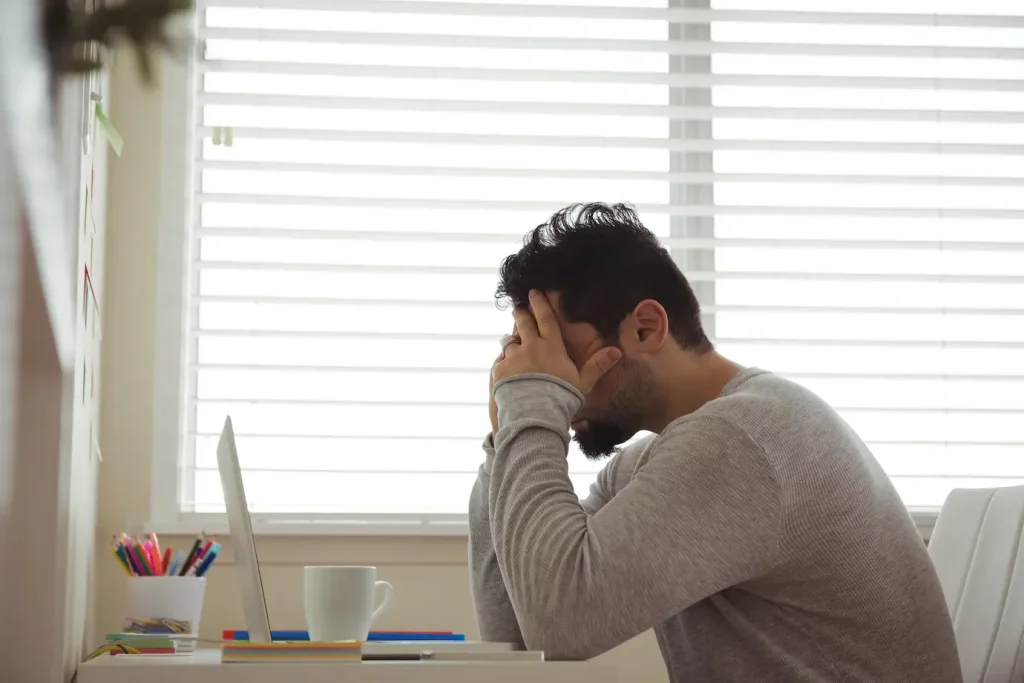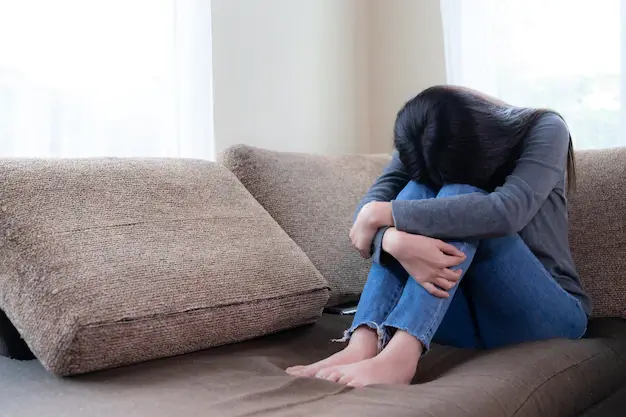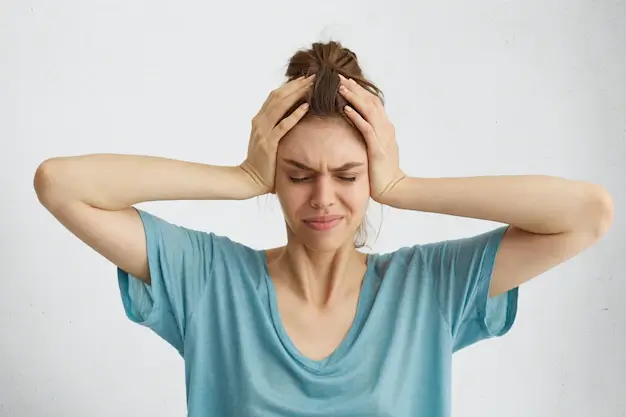Depression is a kind of mood disorder which causes sadness or loss of interest in anything or everything. Just because you are doesn’t mean you are in depression. Nowadays depression is a very leading cause and it is spreading like a viral illness. Depression can be a lot harder to understand than say high cholesterol. Depression can affect completely the way you feel, the way you think and the way you do. People get confused with the difference between having depression and just feeling depressed. Almost everyone feels ups and downs in life from time to time, getting a bad grade, losing the job or losing someone they love or having an argument or a rainy day etc. then circumstances change and those sad feelings disappear within consecutive weeks and this is the thing we call as feeling depressed. And another one is clinical depression.

WHAT IS CLINICAL DEPRESSION?
Clinical depression is very different from normal depression. It’s a medical disorder and it will not go away just because you wanted it to go and it stays more than a year and it affects the ability to work or to play or to love.
It is not necessary that depression can affect only your mind or brain, depression also affects the body , you can have a variety of emotions like sometimes you will be sad sometimes you will be okay and sometimes you suffer with a heavy bad mood. Can also affect your behaviour, how you are used to talk, sleep, act, work and eat , literally depression can affect your day to day activities.
The reason behind why people go into depression is complicated to say. Because each person in this world has different problems, different emotions and different Stress. Also medical conditions can affect mental health.
WHAT ARE THE TYPES OF CLINICAL DEPRESSION?
- Major depressive disorder – In major depressive disorder One will feel Severe sadness, blackness, hopelessness and Loss of desires. Patient will lose interest in daily activities, Patient experience loss of energy, Fatigue, patient will be crying frequently, He or she will find it very difficult to sleep or over sleep, They experience feeling of emptiness and worthlessness, Experience of increase in worry and anxiety, Panic attacks.They will experience changes in weight and appetite.
- Persistent depressive disorder – Persistent depressive disorder is the state of depression which lasts for at least two years but not as severe as major depression but someone with persistent depressive disorder will be able to do daily life activities, but they feel unhappy and lifeless, they feel changes in appetite, they struggle to sleep, they feel low in energy, they will have low self esteem or low self-confidence.
- Postpartum depression – It is common for many new mothers. This is referred to as the baby blues after giving birth. This looks like heavy mood swings, feelings of sadness, Mothers experience anxiety, they feel like crying frequently, they find it so difficult to sleep, changes in mood and appetite. Postpartum depression usually goes within a few days or a week so for this treatment is not necessary.
But another perspective depression Takes a very severe place where you have to see the doctor because this is more severe than baby blues or When mothers feel loss of interest in her baby, hallucinations means seeing, hearing or feeling the things which other can’t see, hear or feel, Women with postpartum depression struggle with thoughts of hurting themselves or hurting their babies these types of postpartum depression can take place starting any time within the first year of the birth of baby. And women who will experience depression before getting pregnant or at higher risk.

- Seasonal affective disorder – Seasonal affective disorder means feeling depressed by the time or seasons but then it passes. This is very common in the fall or winter seasons. For some people, if there is no sunlight after they get up from bed, they feel lost or depressed. This is what we call seasonal affective disorder. Constant stress, lack of sleep, feeling alone can cause seasonal affective disorder.
- Psychotic depression – Psychotic depression is the most dangerous depression. People who are already diagnosed with psychosis may feel hallucinations or delusions, sometimes people with psychotic depression can hurt themselves as well as others.
- Bipolar disorder or manic depression – Bipolar disorder means a person who has bipolar disorder will feel episodes of depression they will have really high highs but this manic stage or depression is not so sustainable, this can lead to self destructive behaviour.
- Premenstrual dysphoric disorder – Premenstrual disorder is a kind of unique disorder which only happens with women. This generally begins after ovulation and as soon as menstrual starts. In this generally women who are suffering with pre-menstrual pain will have heavy mood swings, panic attacks, stress, issues with sleeping and anxiety.
- Disruptive mood dysregulation disorders – Only children suffer from disruptive mood dysregulation disorders. like heavy tantrum, increase in anger or child moodiness this is only diagnosed in children between the age of 6 to 18. Children’s feel heavy irritability and do not listen to the parents or anyone
WHAT ARE THE EFFECTS OF DEPRESSION?
- People may experience anxiety and appetite.
- People with depression get general discontact.
- People may feel guilt, hopelessness, loss of interest in anything or everything.
- Lots of mood swings.
- Suffer with sadness.
- Hurt themselves or suicidal thoughts.

-
- Don’t talk much.
- Insomnia or excessive sleep.
- Don’t eat anything or excessive hunger.
- They may feel fatigue or loss of appetite.
- People may feel a lack of concentration or slowness in activity.
- May experience weight gain or weight loss.
- Excessive frustration.
